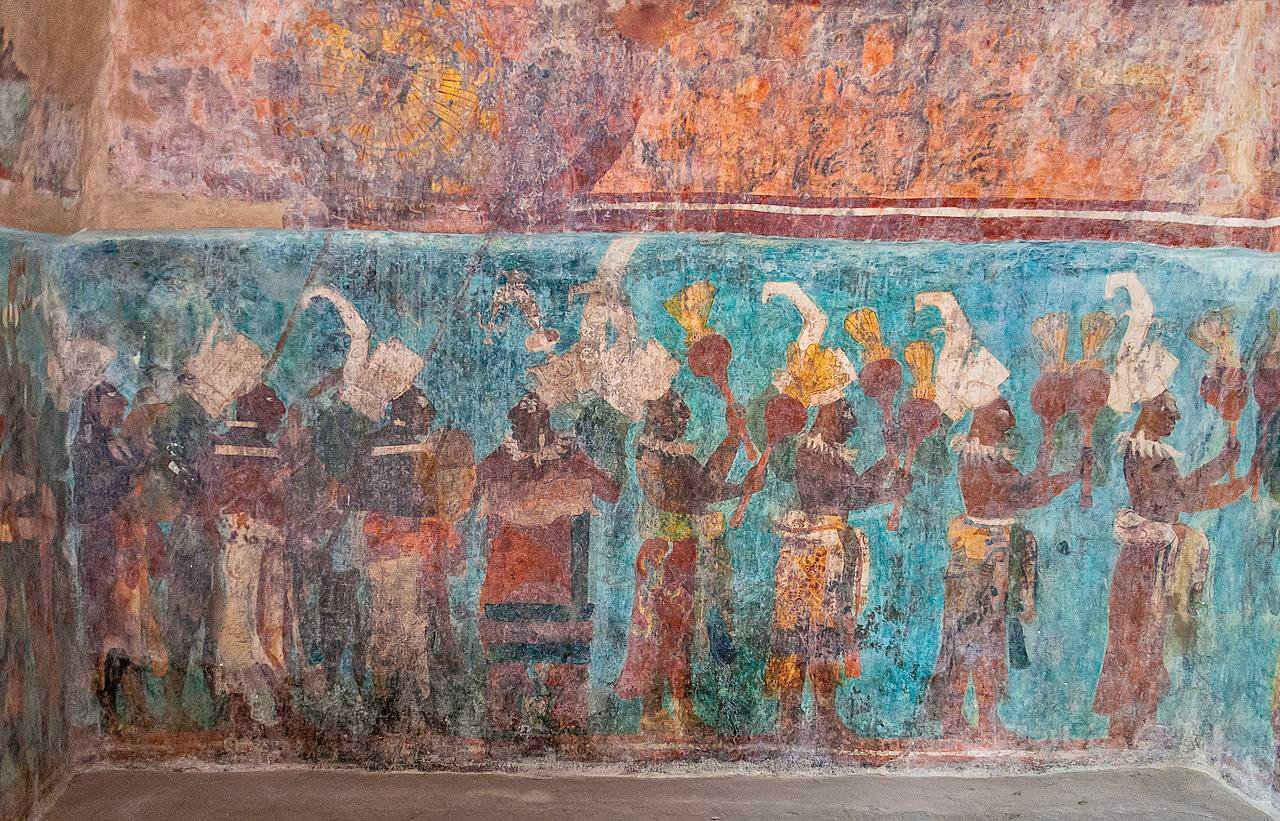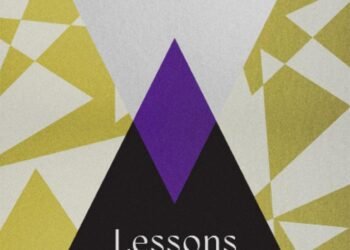 by Edward Slingerland (Author)
by Edward Slingerland (Author)
Publisher: Little, Brown Spark
Publication date: June 1, 2021
Language: English
Hardcover: 384 pages
ISBN-10: 0316453382
ISBN-13: 978-0316453387
“Drunk” offers an engaging and enlightening exploration into the alcohol-fueled beginnings of human civilization and the deep-seated evolutionary origins of our inclination for intoxication.
Despite the numerous entertaining books on the history of alcohol and mind-altering substances, none have effectively addressed the fundamental question of why humans have an inherent desire to experience altered states of consciousness.
This book, “Drunk,” skillfully unravels the web of urban legends and anecdotal beliefs that shroud our understanding of intoxication. It goes beyond these myths, providing a thorough and scientifically-grounded explanation for our enduring attraction to alcohol. Drawing upon a wide array of disciplines, including archaeology, history, cognitive neuroscience, psychopharmacology, social psychology, literature, and genetics, “Drunk” reveals that our affinity for chemical intoxicants is not an evolutionary anomaly, as it’s frequently portrayed.
In fact, intoxication serves as a solution to several distinctly human challenges. It enhances creativity, alleviates stress, fosters trust, and facilitates the remarkable feat of getting highly tribal primates to cooperate with unfamiliar individuals.
The desire for inebriation, coupled with the individual and social benefits it confers, played a pivotal role in catalyzing the emergence of the earliest large-scale human societies. Put simply, civilization, in part, owes its existence to intoxication.
The book is replete with captivating case studies, ranging from marauding Vikings and wild bacchanalian celebrations to sex-deprived fruit flies, sightless cave fish, and problem-solving crows. It melds these intriguing anecdotes with compelling scientific insights. Moreover, “Drunk” offers practical takeaways for both individuals and communities.
Ultimately, this book fills a long-standing void in our understanding of humanity’s age-old penchant for indulging in intoxicants. It not only elucidates the reasons behind our desire to get drunk but also suggests that occasional indulgence might have its own merits.






















